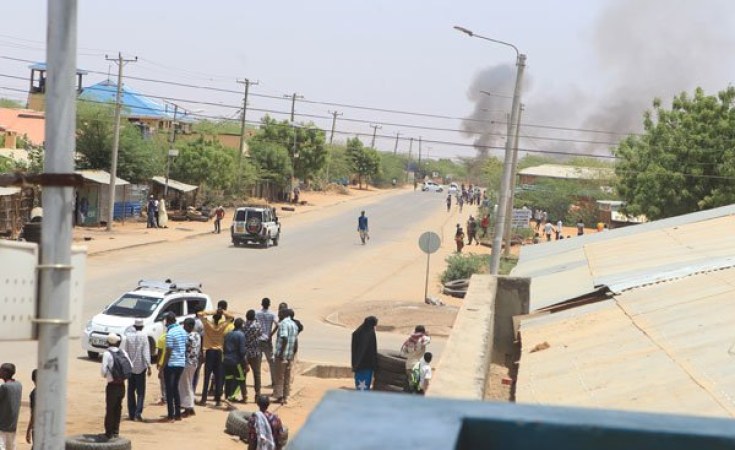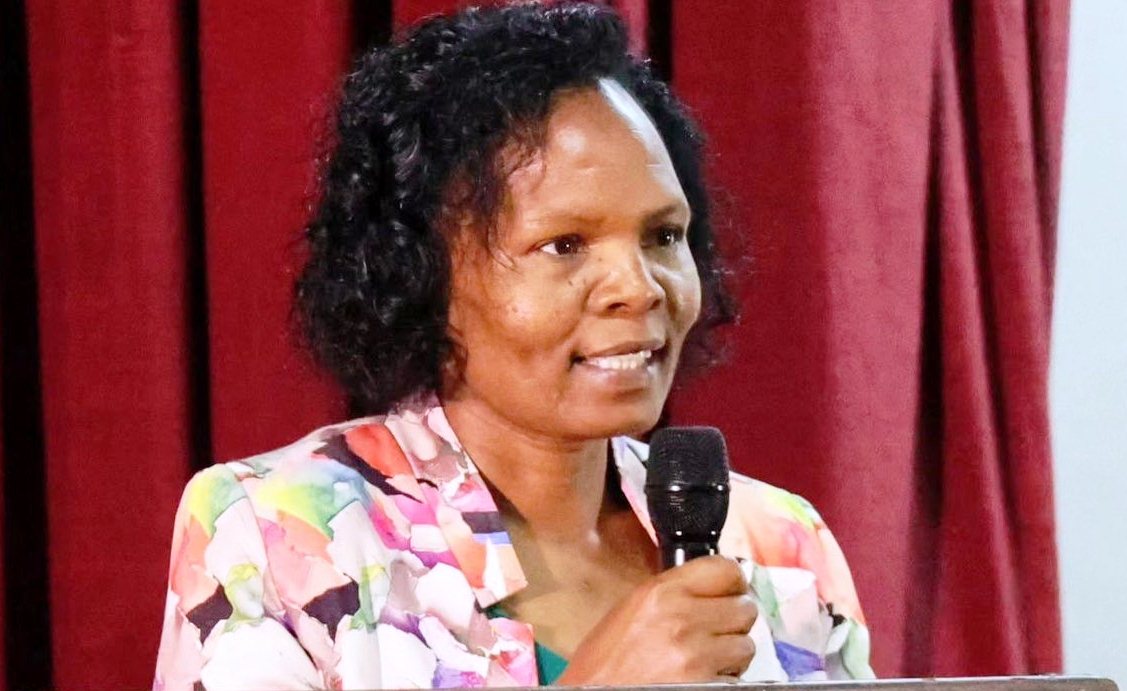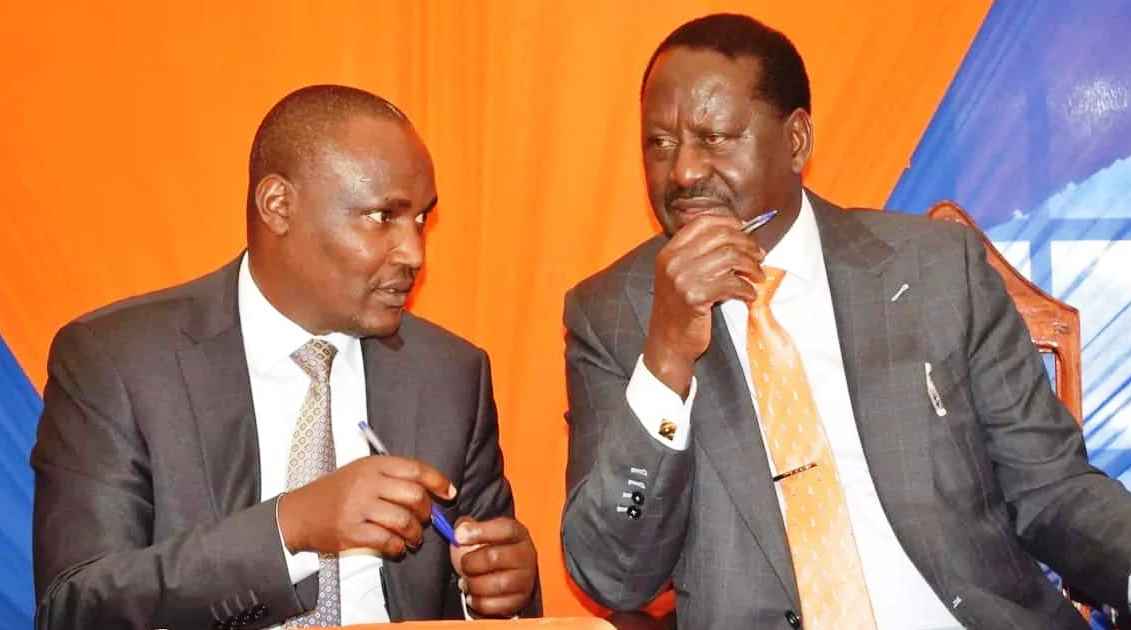By Adan Mohamed
Senior Journalist, Kenya
Special Report for The Weekly Vision
Bulla Hawa, a strategically located town on the border between Somalia and Kenya, has long been a crucible of conflict and instability. Deeply entrenched in the legacy of the Somali Civil War, which began with the ousting of President Siad Barre in January 1991, this town has remained a flashpoint for violence, largely due to its sensitive geographical position that facilitates cross-border incursions and disputes.
Since at least 2001, Bulla Hawa has witnessed recurrent clashes involving militia groups aligned to Somalia’s Transitional National Government. These early confrontations laid the groundwork for the continued turbulence that escalated dramatically in 2020 and 2021. During this period, violent clashes between federal Somali troops and forces loyal to the Jubbaland administration resulted in numerous civilian deaths and the displacement of thousands.
Tensions remain high in 2025. The latest episode occurred on 22nd July, when Somali National Army troops and Jubbaland Regional Forces engaged in yet another deadly confrontation. The incident led to fresh civilian casualties and triggered another wave of displacement. The coalition known as Somali Non-State Actors promptly condemned the violence, urging political actors to pursue dialogue rather than military means to settle differences. The long-running dispute between the Federal Government of Somalia and the Jubbaland administration over political dominance in the Gedo region, of which Bulla Hawa is part, continues to exacerbate the suffering of ordinary citizens.
Humanitarian Fallout: A Deepening Crisis
The socio-economic repercussions of the prolonged conflict in Bulla Hawa have been catastrophic. The toll has not only crippled the town itself but has also deeply affected neighbouring areas, particularly Mandera in Kenya.
Displacement remains one of the most pressing humanitarian concerns. According to the Internal Displacement Monitoring Centre, approximately 316,000 internal displacements were recorded in Somalia in 2024 due to conflict and violence. Although this represents a decrease from 2023 figures, the Gedo region continues to be a hotspot. Many families fleeing the conflict end up in overcrowded Internally Displaced Persons (IDP) camps in places such as Dollow, where access to basic services, healthcare, clean water, and sanitation, is severely limited.
Food insecurity has reached critical levels. A recent Integrated Food Security Phase Classification (IPC) report from early 2025 reveals that communities dependent on agriculture in Gedo are now facing acute levels of food insecurity. This crisis is fuelled not only by violence but also by repeated climate shocks, particularly droughts. Vulnerable groups in both urban and rural areas suffer the most, with severe malnutrition widespread among children, pregnant women, and the elderly. Limited humanitarian funding has only worsened the situation, hindering the ability of aid agencies to respond effectively.
Infrastructure in Ruins, Economy in Decline
Conflict has decimated vital infrastructure across Bulla Hawa. Homes, schools, hospitals, and religious institutions have been destroyed, severely hampering recovery and reconstruction efforts. As a critical trade corridor, Bulla Hawa’s strategic location should be a boon. However, violence along trade routes, particularly at contested checkpoints, has not only disrupted commerce but has also created new avenues for exploitation. Traders are subjected to unofficial taxes imposed by armed actors, stifling economic activity and impoverishing local communities.
Informal trade, a lifeline for many residents, has been paralysed. With unpredictable security conditions and rampant extortion, livelihoods have been crushed. Families who once sustained themselves through small-scale trade now face deeper poverty, with little to no prospects for economic recovery.
A Call for Lasting Solutions
The ongoing crisis in Bulla Hawa transcends military battles. It is a humanitarian tragedy that calls for immediate and inclusive political engagement. The current trajectory will only deepen the suffering of civilians and destabilise the wider region.
A sustainable resolution requires a multifaceted approach. Political dialogue must replace armed confrontation. Clan elders, local leaders, civil society actors, and international stakeholders all have roles to play in brokering peace. Simultaneously, humanitarian aid must be ramped up to meet urgent needs while paving the way for long-term development. Infrastructure, healthcare, education, and economic revival must form the backbone of any post-conflict rebuilding effort.
Though the challenges are immense, they are not insurmountable. The resilience of the people of Bulla Hawa deserves recognition, and support. With unified and sustained efforts, a path to peace, stability, and prosperity remains within reach for this long-suffering border town.





